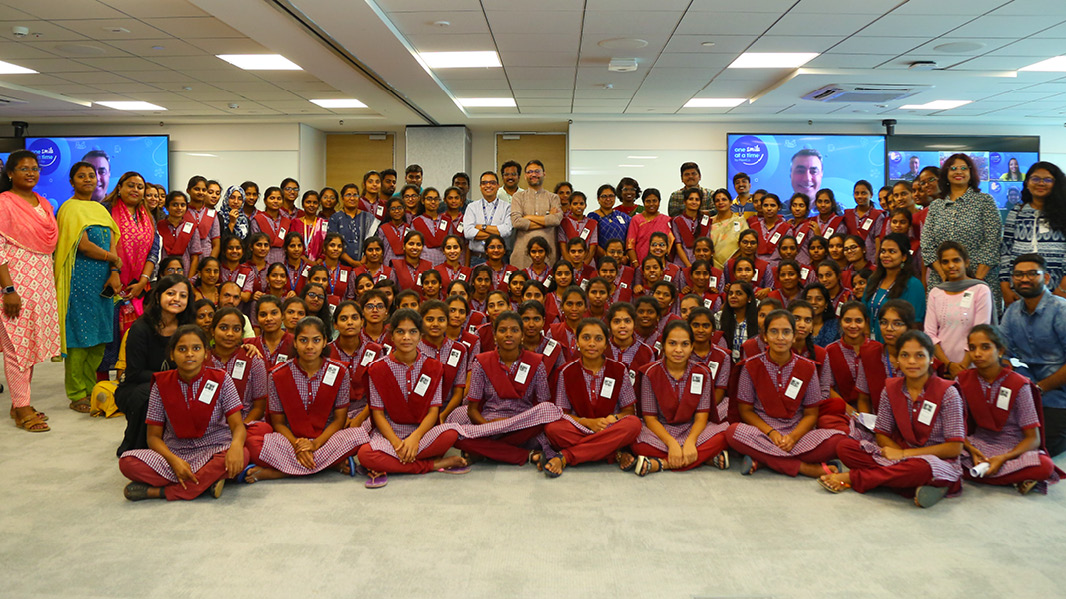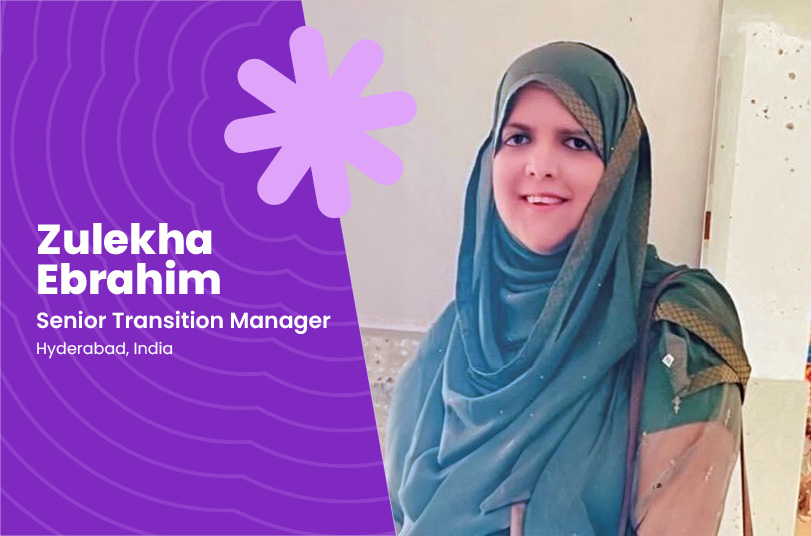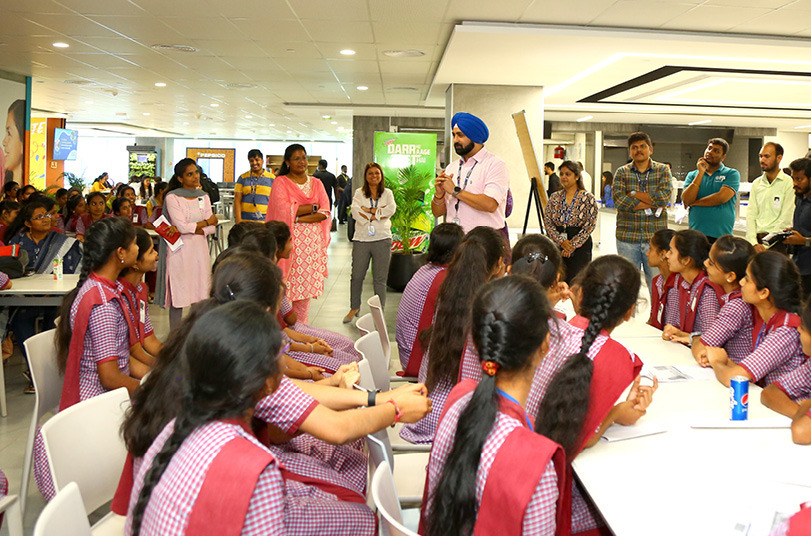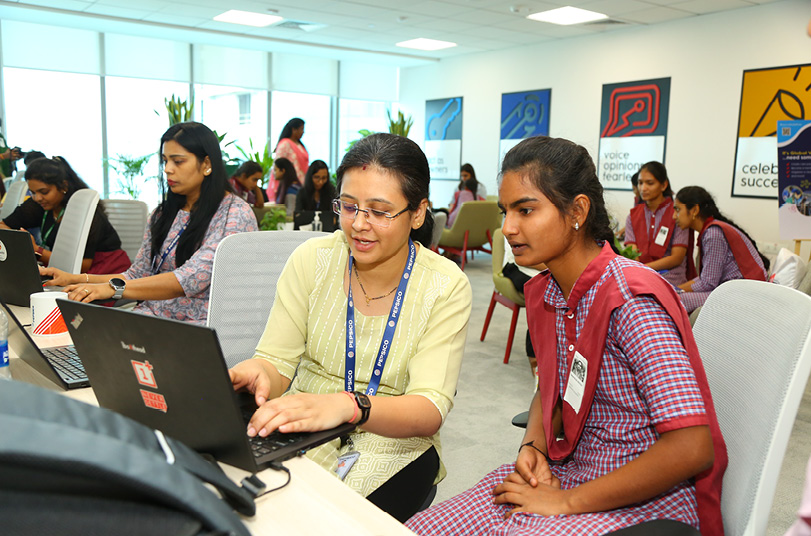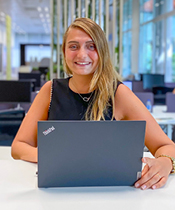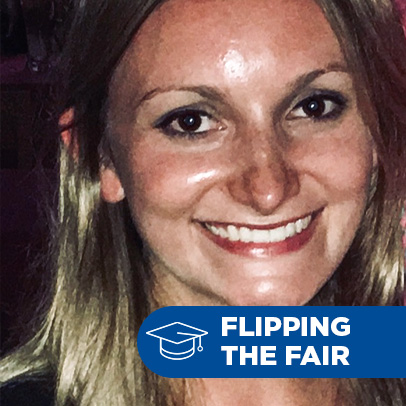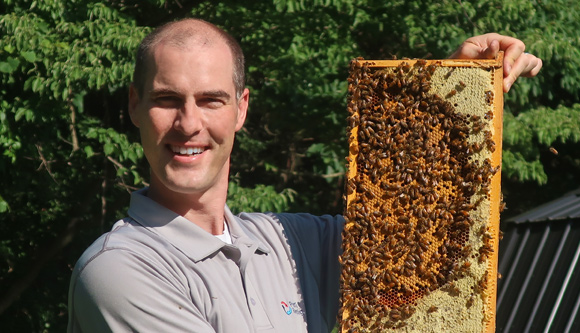Zulekha recalls her first office job in Bangalore, one of the largest cities in India. “I was thrilled to see such huge buildings,” she says. “But I didn’t even know how to operate the elevator. I didn’t even know how to use an ATM.” Almost everything felt like a puzzle. However, the sense of excitement outweighed her nervousness.
So, when 100 tribal girls visited PepsiCo’s Hyderabad office for the speed mentoring event, Zulekha saw herself in them.
“Our office is located on the 15th floor of a skyscraper,” she says. “The girls were gazing out of the window in amazement. They realized the world can look different. It changes your perspective — and those moments touch the soul.”
After an office tour, the girls were introduced to local leaders, including Priyaranjan Jha, Head of Global Operations; Deshant Kaila, Managing Director; and Avantika Susan Nigam, Senior Director and Head of HR at PepsiCo’s office in Hyderabad.
Likewise, 120 volunteers from a variety of functions and backgrounds met with them, helped them understand their career options, and provided constructive feedback on their resumes to meet industry standards.
“We also had 10 panels that included our talent acquisition teams,” Zulekha says. “Our hiring managers conducted mock interviews to show them what to expect in the real world.”
Today, 13 out of the 100 tribal girls have corporate jobs. Others have secured internships.



